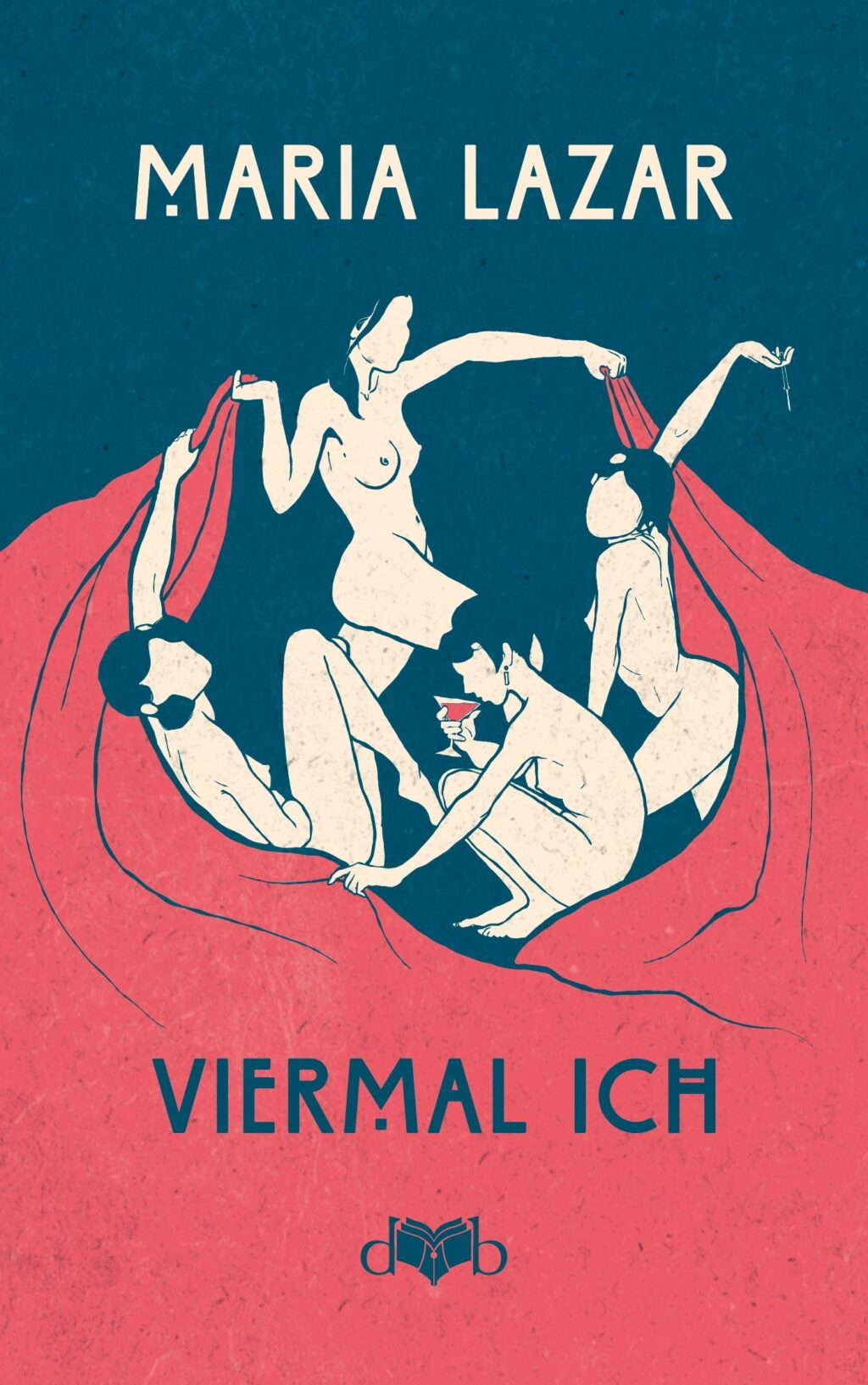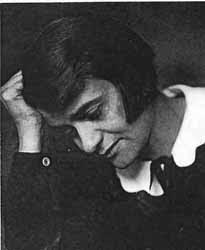review
After a century of underserved obscurity, Maria Lazar’s work is in the process of being rediscovered. Fourtimes ME is a story of female friendship and betrayal, as well as an account of the societal challenges faced by women during the 1920s.
Lazar’s work is a valuable addition to the European modernist canon, alongside contemporaries such as Ilse Aichinger and Irmgard Keun. This novel is reminiscent of Virginia Woolf both for its stream-of-consciousness narrative and for its feminist politics, and Lazar’s witticisms and dark humour evoke Anita Loos and Dorothy Parker.
Fourtimes ME offers fascinating insights into women’s lives during the rapidly changing Weimar era. The narrator is the youngest daughter of a banker’s family of four in an unnamed European city after World War I. The narrator often feels invisible, and her identity is so porous she sometimes does not recognise herself in the mirror. She experiences the world through her three on/off friends: pale, pretty Grete, sharp, athletic Ulla, and alluring, lower-class Anette.
In an attempt to define herself, the narrator starts to write. She first confesses to minor betrayals of the women in her life, before working up to her more significant, final betrayal when she embarks on an affair with Grete’s husband Axel, while Grete is giving birth to their first child. This sets the stage for the novel’s exploration of (the limits of) women’s solidarity in a world that – despite the Weimar era’s new possibilities – is still ruled by men.
When the narrator becomes pregnant, Ulla helps to arrange a hospital abortion. The narrator takes an overdose of opiates but is saved by Anette. After Grete dies miscarrying her second child, the narrator collapses and is kicked out of her home for not paying rent. She decides to marry Axel, but this is anything but a happy ending: she already knows he will not be faithful and any daughter they may have will suffer under the same patriarchy.
The novel’s four women suffer individually, as well as collectively, from the patriarchal structures that define their lives. Fourtimes ME draws a sharp picture of the distinct characters and circumstances of the four women, while the novel’s recursive structure matches the narrator’s increasing despair and her occasional flits into other women’s consciousness have a powerfully disorienting effect. With its frank discussion of taboos, including abortion, menstruation, masturbation, sexual abuse, sex work, STIs, and lesbian sex, this is an eye-opening, feminist view on the Weimar era.
Leben verboten! was another New Books in German recommendation by Maria Lazar and was Ö1 Book of the Month (Juli 2020), Österreichbestseller.
Find out more: https://dvb-verlag.at/book/viermal-ich/




All recommendations from Autumn 2023